.webp)
© History Oasis
Retail leadership reveals itself through crisis, vision, and execution—here are the retail CEOs who defined their companies.

Founder & CEO of Walmart (1962-1988)
Sam Walton opened the first Walmart in Rogers, Arkansas, in 1962 after working as a management trainee at JCPenney. He drove a beat-up 1979 Ford F-150 despite becoming one of America's richest people. Walton built Walmart into the world's largest retailer by focusing on low prices and rural markets. President George H.W. Bush awarded him the Presidential Medal of Freedom in 1992, shortly before his death.

CEO & Founder of Home Depot (1978-1997)
Bernard Marcus co-founded Home Depot in 1978 after being fired from Handy Dan Home Improvement Centers. He opened the first two stores in Atlanta on June 22, 1979. They were warehouse-style spaces at 60,000 square feet each, massive compared to traditional hardware stores. Marcus served as CEO until 1997, building the company into a retail giant. Marcus has since passed away in November 2024 at age 95.

CEO of JCPenney (2011-2013)
Ron Johnson joined JCPenney in November 2011 as the retail superstar. He earned his fame by making Target hip and created the Apple Store concept. He received $52.7 million when he joined and made a $50 million personal investment.Johnson eliminated coupons and sales without testing any changes first, saying, "We didn't test at Apple." He lived in California and commuted to Plano, Texas, by private jet several days a week. But his tenure was on the rocks. Same-store sales dropped 32% in the fourth quarter of 2012, which was called "the worst quarter in retail history." The board fired Johnson after just 17 months in April 2013.

CEO of Gucci (1994-2004)
Domenico De Sole served as legal adviser to the Gucci family since the 1980s before becoming CEO in 1994. Partnering with creative director Tom Ford, he executed a turnaround by slashing product offerings from 22,000 to 7,000 items. De Sole fought off LVMH's hostile takeover attempt by partnering with François Pinault's PPR group (now Kering). Gucci's stock soared to $22, and revenue tripled to $3 billion under his leadership. He resigned in 2004 after conflicts with Kering leadership.

CEO of Target (1987-2008)
Bob Ulrich became Target's CEO following a corporate takeover attempt in 1987. He transformed Target from a multiformat retailer into a focused "cheap chic" mass merchant. Ulrich refused to speak to the press and disappeared after the annual meetings. His approach worked because Target was thriving. He grew Target into a Fortune 50 company with $32 billion in revenue by 2008.
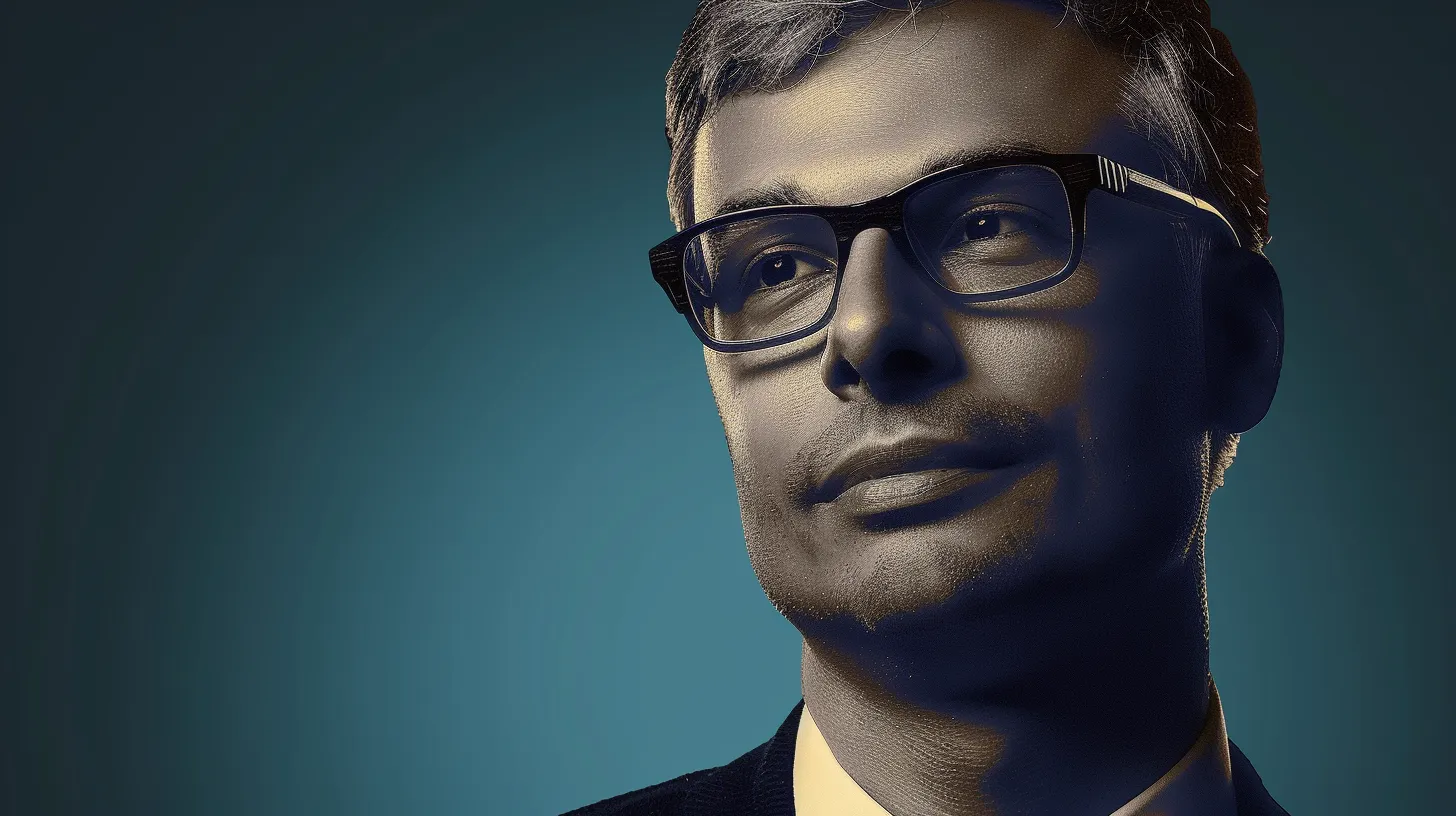
CEO of Best Buy (2012-2019)
Hubert Joly took the CEO job at Best Buy when everyone said he was crazy. Articles predicted the company would go bankrupt when he arrived in 2012. Joly engineered one of the most remarkable turnarounds in modern retail history through his "Renew Blue" plan. He refused to lay people off when analysts demanded it, instead listening to frontline workers. Joly implemented price-matching to compete with Amazon and emphasized the Geek Squad. Best Buy's stock tripled in 2013 under his leadership. From 2012 to 2019, the company's total shareholder return was 335% compared to 104% for the S&P 500.
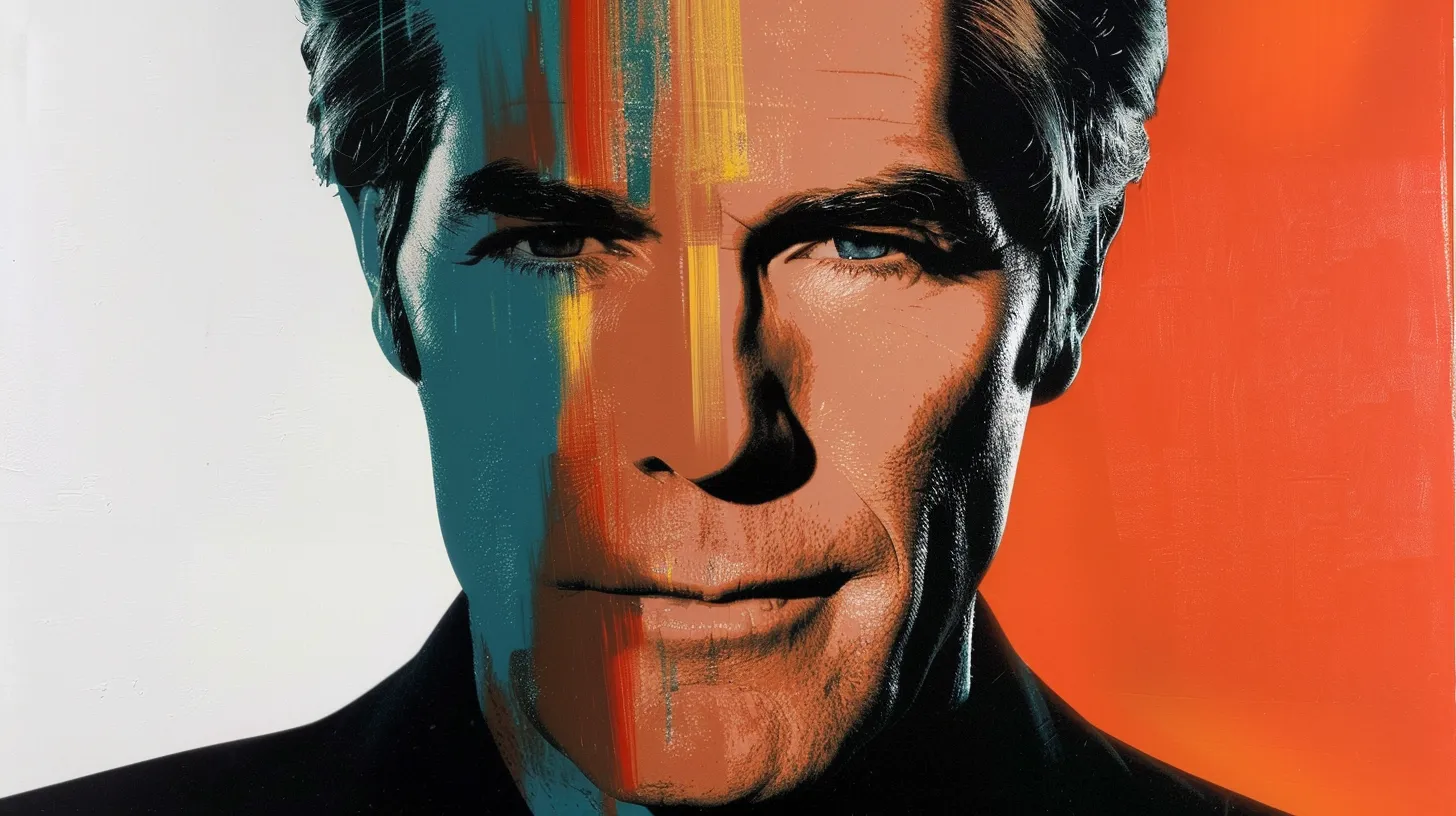
CEO of Macy's (2003-2018)
Terry Lundgren started his career in 1975 as a trainee at Bullock's and became CEO of Neiman Marcus during a recession. As Federated/Macy's CEO starting in 2003, Lundgren spearheaded the $11 billion acquisition of May Department Stores in 2005, nearly doubling the company's size. One year later, he changed the names of more than 400 regional department stores across the country to Macy's, creating a nationwide brand. Lundgren championed private brands and launched the "My Macy's" localization program in 2008.

CEO of Walgreens (2015-2021)
Stefano Pessina is an Italian-Monegasque billionaire who took over his family's pharmaceutical wholesaler in Naples in 1977. Through decades of dealmaking, he built Alliance Boots into a $40 billion empire. In 2015, Walgreens acquired Alliance Boots, and Pessina became CEO. Critics said the American drugstore chain was "bought with its own money." His vision turned Walgreens into a global health destination that proved difficult to execute.
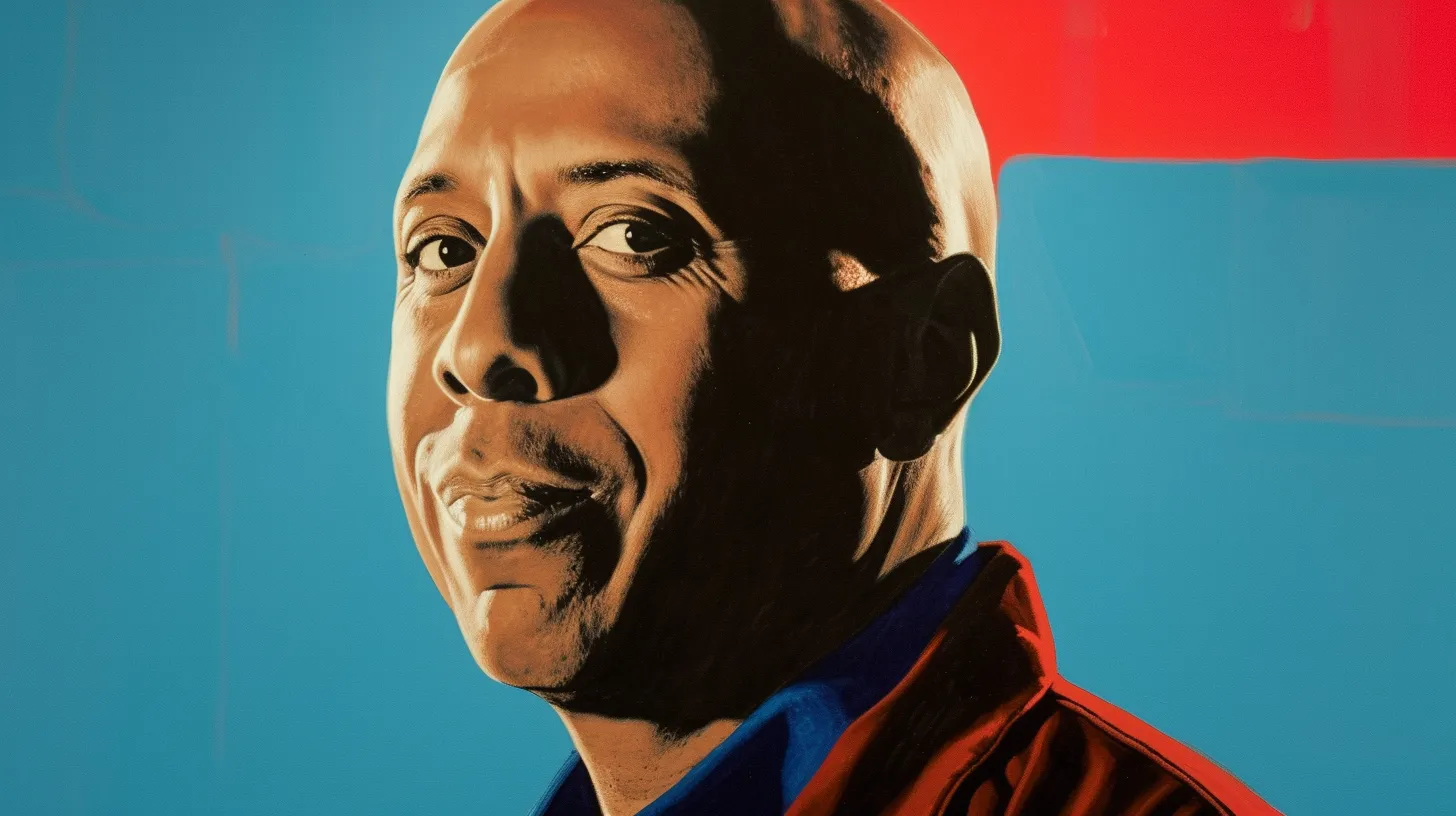
CEO of Lowe's (2018-present)
Marvin Ellison grew up in Brownsville, Tennessee, in the 1960s and 70s, where segregation was still present. He started his retail career as a security guard at Target during college and spent 12 years at Home Depot, rising to Executive Vice President, overseeing 2,000 stores and 275,000 employees. Ellison joined Lowe's as CEO in 2018, making history as the first African American CEO of two Fortune 500 companies.

CEO of Albertsons (2019-2025)
Vivek Sankaran spent 15 years as a partner at McKinsey before joining PepsiCo in 2009, where he rose to CEO of PepsiCo Foods North America. When Albertsons hired him as CEO in April 2019, he told his wife there was a "50 percent chance" of getting fired from his previous role. Sankaran launched the "Customers for Life" strategy, focusing on loyalty programs and digital work. During COVID-19, he implemented safety measures for 270,000 workers and led a $50 million hunger relief program. In October 2022, Sankaran agreed to sell Albertsons to Kroger for $25 billion, though federal regulators challenged the merger. He has since announced his retirement.
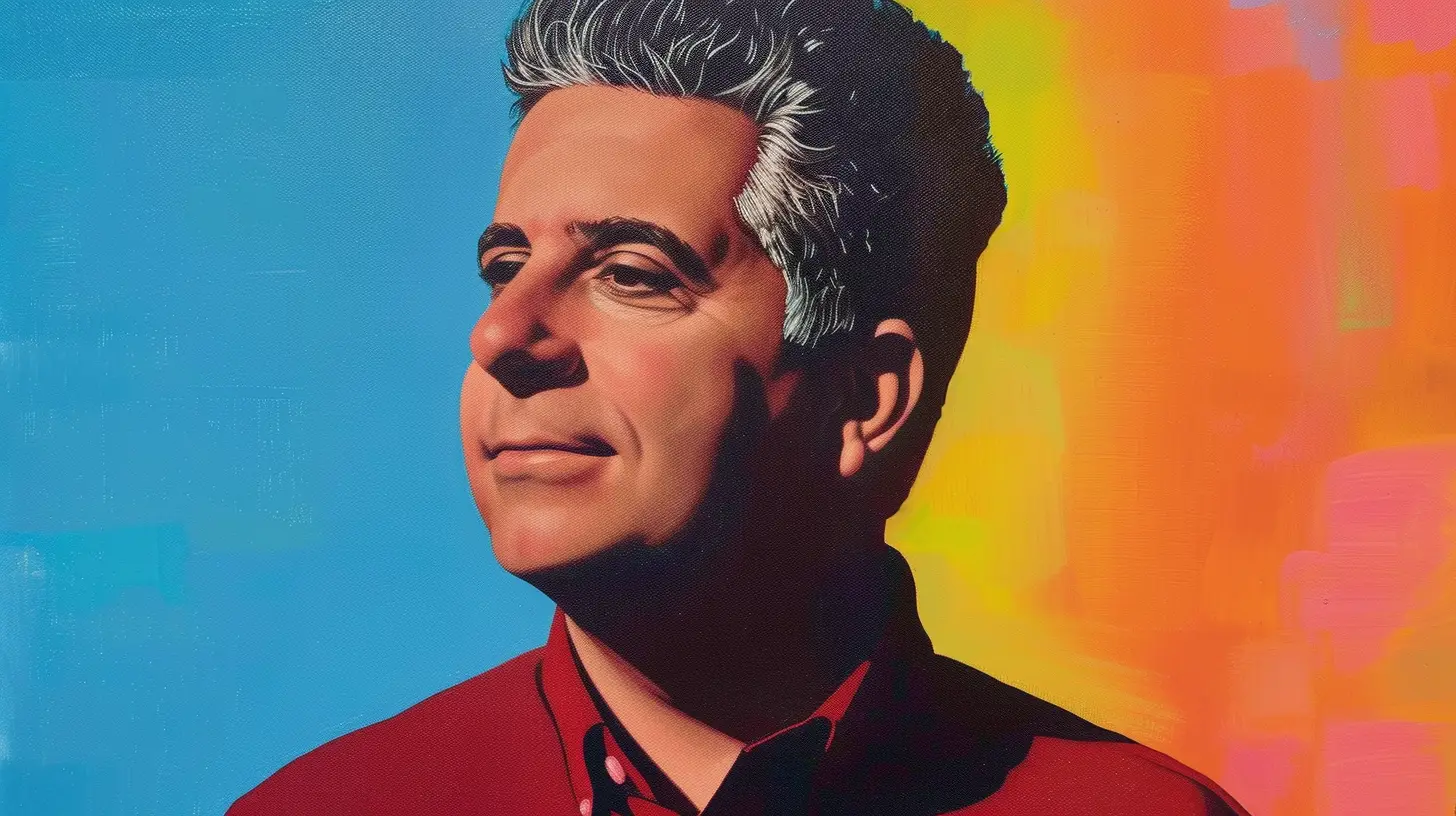
CEO of Dollar General (2015-2022, 2023-present)
Todd Vasos has the unique distinction of serving two separate terms as Dollar General CEO. During his first tenure from 2015 to 2022, he expanded Dollar General's store base by approximately 7,000 stores, added nearly 60,000 new jobs, and increased annual sales revenue by more than 80%. The company's market cap more than doubled to $58 billion. Vasos retired in April 2023, but his successor, Jeff Owen, lasted less than a year. Dollar General's board fired Owen in October 2023 after shares plummeted from over $250 to $101.83 during his brief tenure. The board brought Vasos back immediately to restore confidence in the brand.
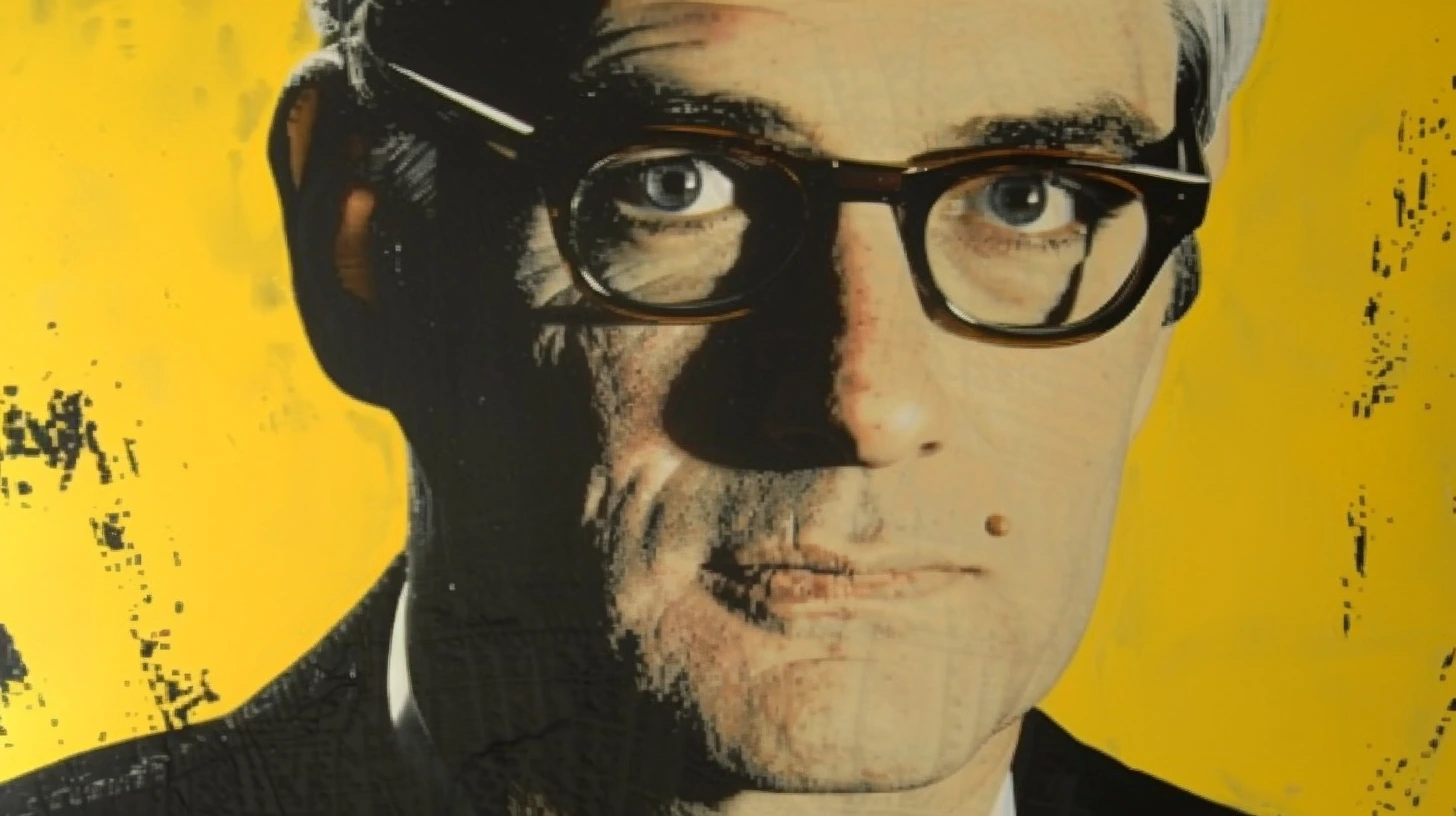
CEO of Dollar Tree (2023-present)
Rick Dreiling has over 50 years of retail experience and previously served as CEO and chairman of Dollar General, leading that company through its 2009 initial public offering. Dollar Tree brought him on as executive chairman in March 2022 during an activist investor-driven board change. In January 2023, Dollar Tree named him CEO, replacing Mike Witynski.
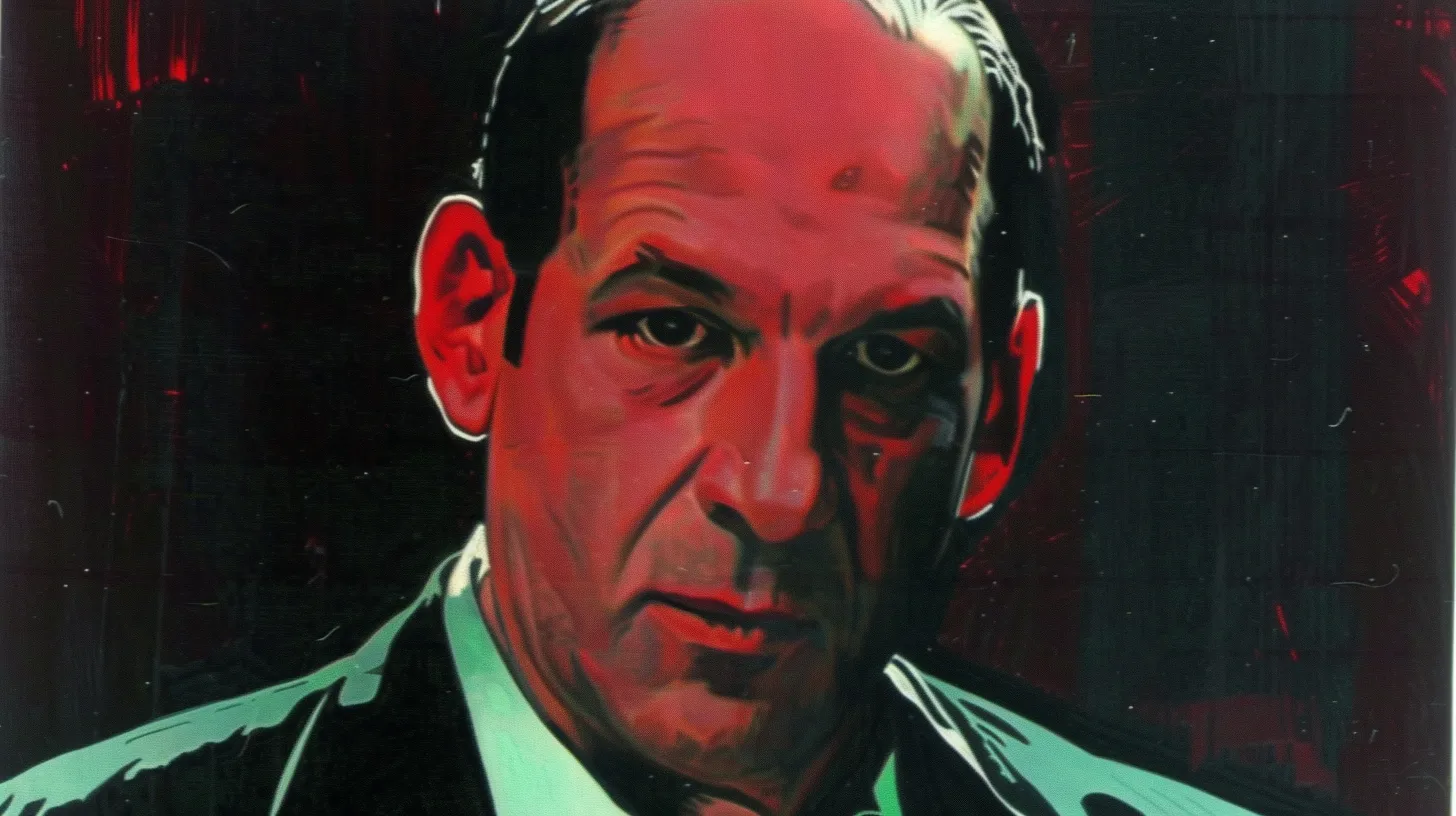
CEO of Rite Aid (1995-1999)
Martin Grass, son of Rite Aid founder Alex Grass, took over as CEO in 1995. He continued aggressive expansion by acquiring Thrifty PayLess in 1996, adding over 1,000 stores and expanding on the West Coast. But his tenure was marred by one of retail's biggest accounting scandals. Grass was accused of falsifying financial statements and engaging in fraudulent accounting practices. The company admitted to overstating profits by up to $1.6 billion. Grass resigned as CEO in 1999 as losses mounted from debt incurred through rapid expansion. He was sentenced to six years in federal prison for his role in the fraud.

CEO of CVS Health (2021-2024)
Karen Lynch became CEO of CVS in February 2021, making her the highest-ranking female CEO in the Fortune 500 by revenue. She had been president of Aetna and Executive Vice President of CVS Health. Lynch had a vision to make CVS a one-stop shop for pharmacy services and basic care in neighborhoods, with thousands of stores converted to health hubs. In her first two years, she lifted CVS's share price from $70 to $110 by late 2022. But the strategy proved beyond her capacity to execute. The culture of running drugstores clashed with managing a major insurer. Profitability for Aetna's Medicare Advantage arm dropped suddenly. On October 18, 2024, Lynch stepped down.